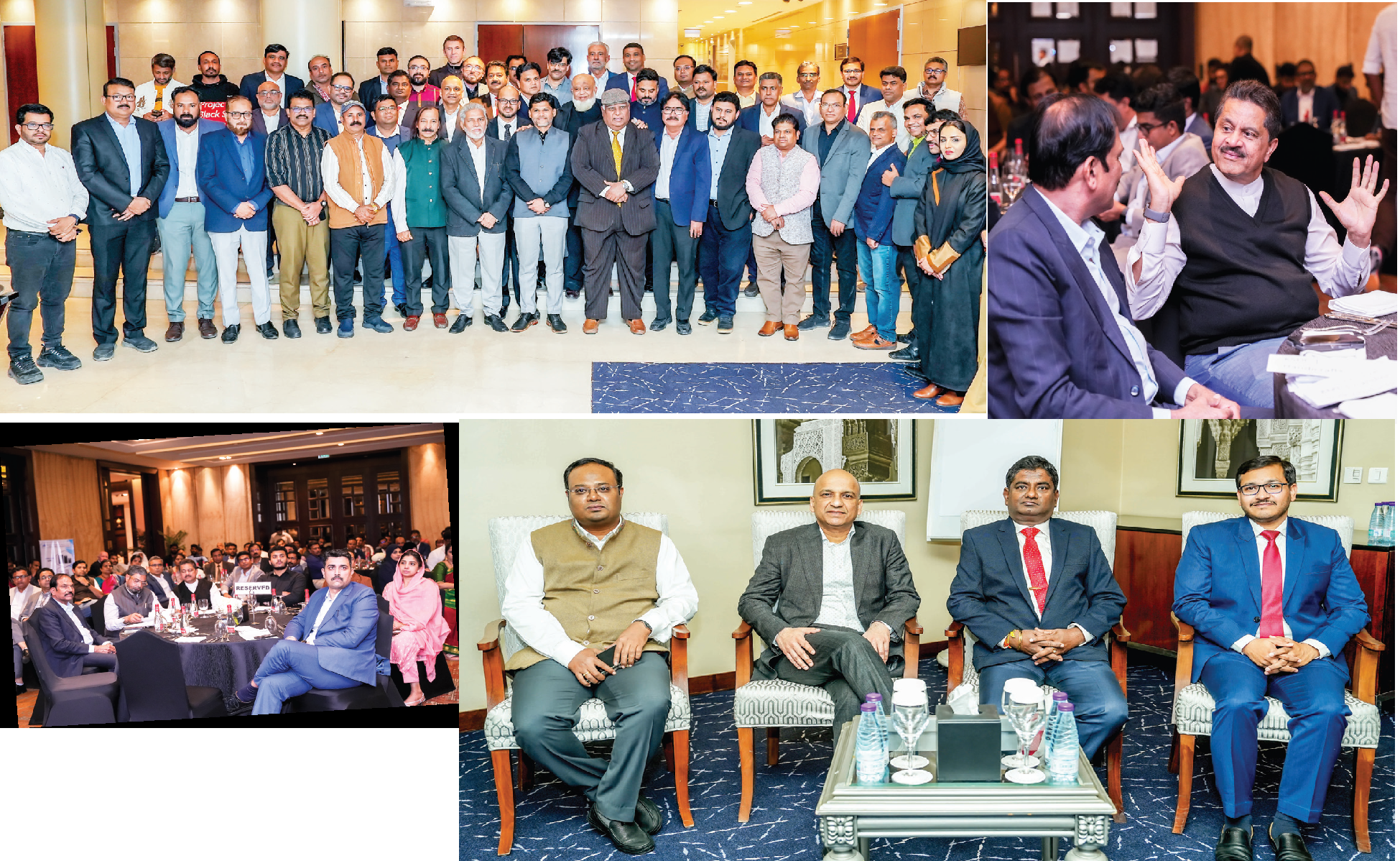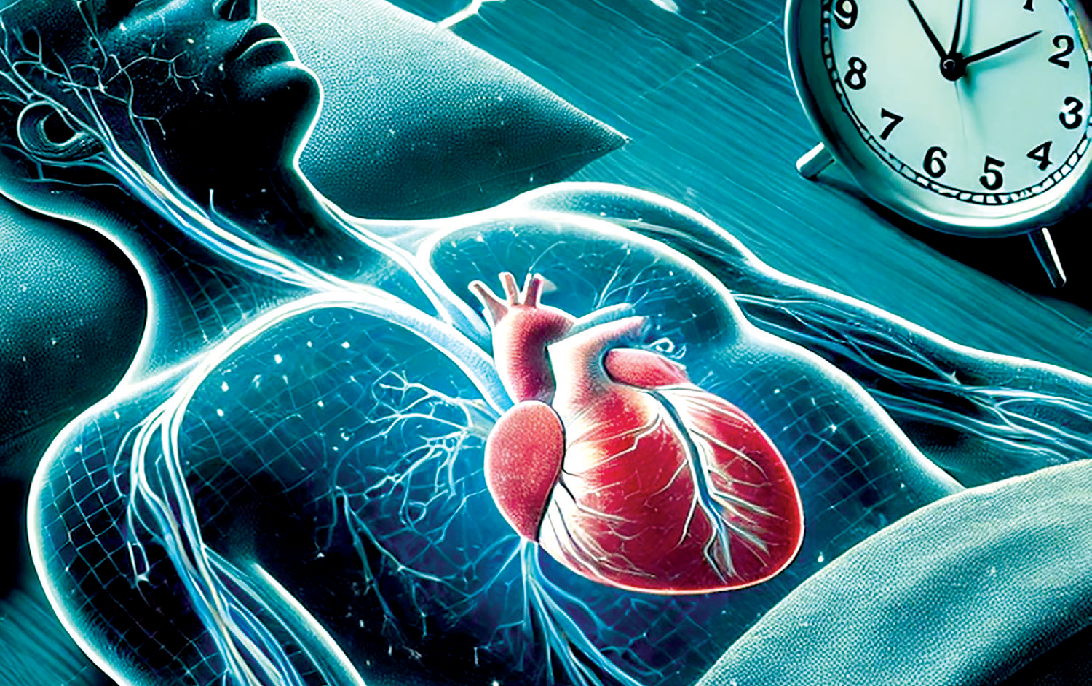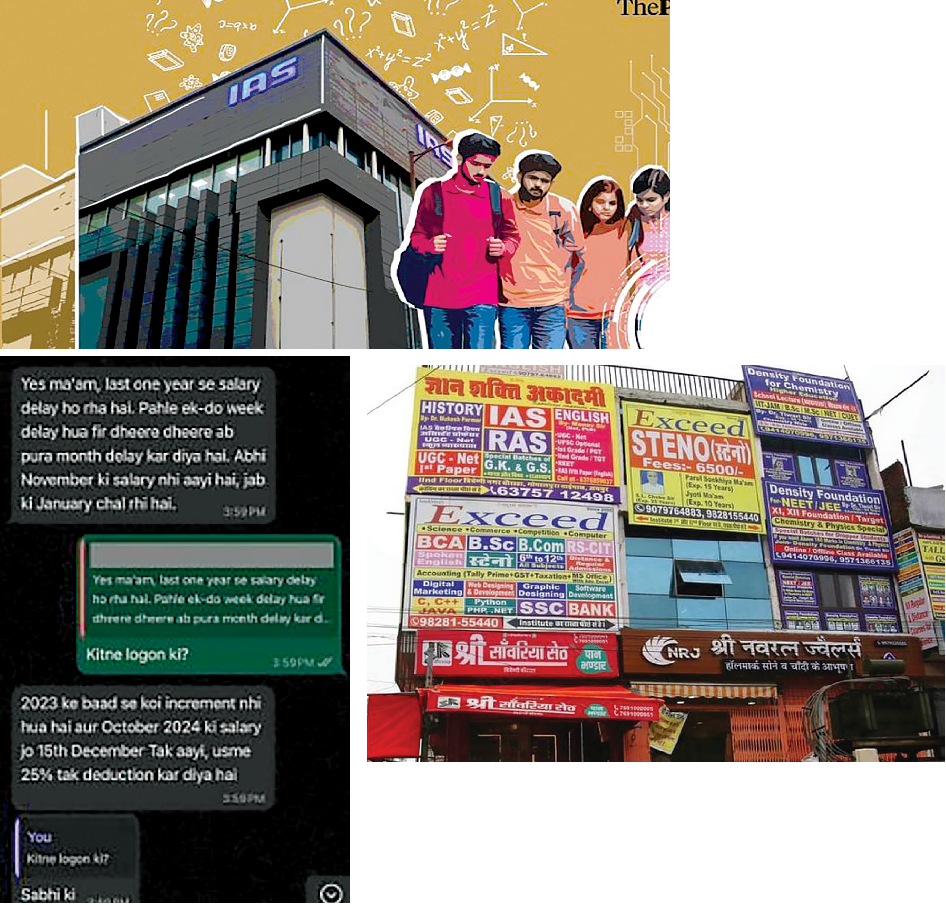
‘Trauma Cases Need Sensitivity’
Rithu Dravid | NT
Bengaluru: Dr Asima Banu who was given charge as the Principal of the Bangalore Medical College and Research Institute, the premier institute of medical sciences in the State in early July, comes with a long and distinguished service in the field of the trauma care and infection control.
She made significant contribution by setting up a laboratory at Trauma Care Centre providing round the clock services.
Prior to this she also served as co-convener of the medical education unit and commissioned the simulation centre of the BMCRI in 2018 and was the first Nodal Officer of Simulation Centre for three years.
An accomplished microbiologist and virologist, Dr. Asima has rich and diverse experience having been at the helms of the institute for over 23 years. She spoke to the News Trail. Excerpts:
How does the hospital prioritise trauma cases and determine the level of care needed?
Treating patients well, especially trauma patients is important. The hospital provides prompt and highquality emergency services and caters to all kinds of essential facilities.
The trauma care works with duty doctors round the clock. The specialist doctors are available during working hours and are even on call after duty hours.
The trauma care has a well-equipped emergency operation theatre with state-of-the-art equipment and facilities. To complement, there is a lab working 24 hours for essential emergency investigations, a radiology department with x-ray, ultrasound, CT scan, MRI, and ECG machines to cater for emergency services with specialist doctors on duty.
What are the most common trauma emergencies at the hospital and how does the hospital collaborate with other departments such as surgery, intensive care to provide comprehensive trauma care?
The adult trauma cases come to us and the pediatric cases are referred to Vanivilas Women and Children Hospital, a government hospital which is attached to the BMCRI.
The most common trauma cases arising out of assaults, murders, accidents and the emergency cases that we deal with include poisoning, suicides or any other medical emergency.
We get around 150 to 200 patients as emergency cases of all sorts on a daily basis. Our emergency patients are mostly head injury cases. The Trauma Centre has to work in tandem with perhaps all the departments the hospital has and on a 24/7 basis.
Even among those cases, emergency cases have to be accorded priority. It is a tertiary care centre and we are well prepared even to handle mass casualty incidents, if ever such an eventuality arises.
We have highly specialised experts in Orthopaedic care, Psychiatry care, surgeons etc along with well-trained nurses to handle trauma. We have state-of the-art operation theatres (OTs) and 40 bed Intensive care units (ICUs). Ours is a 200-bed hospital.
How does the hospital provide psychological and emotional support to trauma patients?
We provide psychological counselling and rehabilitation to patients and their relatives. We as medical staff face a lot of stress in trauma care centers.
I have trained 150 nurses to handle trauma patients and also held various supportive stress management programmes, outreach programmes and programmes on careful coping mechanisms on trauma care.
How do you handle patient-doctor conflicts especially at the trauma care centre?
Communication skills are very important during crisis management. We provide equitable healthcare services for all. As we treat a diverse patient population, especially the economically weaker groups, we have to consider many factors.
We provide best care at no cost for them as they are covered under government sponsored health schemes.
The thumb rule is to handle patients calmly and with extreme sensitiveness during emergencies and under critical circumstances. We try to explain to patients that they are in safe hands at the hospital.
Would you like to share some exceptionally successful outcomes at the hospital? Any recent community outreach and awareness programs by BMCRI?
Covid was a success story. The BMCRI is the biggest trauma care center in the country and we were pioneers in Covid management. Currently, we are treating and monitoring victims of fire mishap at the BBMP office.
All the injured have been admitted to the ICU in Trauma and Emergency Care Centre (TECC) at our hospital. We are providing the best available treatment.
We have conducted many outreach programmes, medical camps, health checkups and adopted several schools for infection control practices.
The Kayakalpa initiative by BMCRI that focused on cleanliness, hygiene and Infection Control practices won laurels
 English daily published in Bengaluru & Doha
English daily published in Bengaluru & Doha






